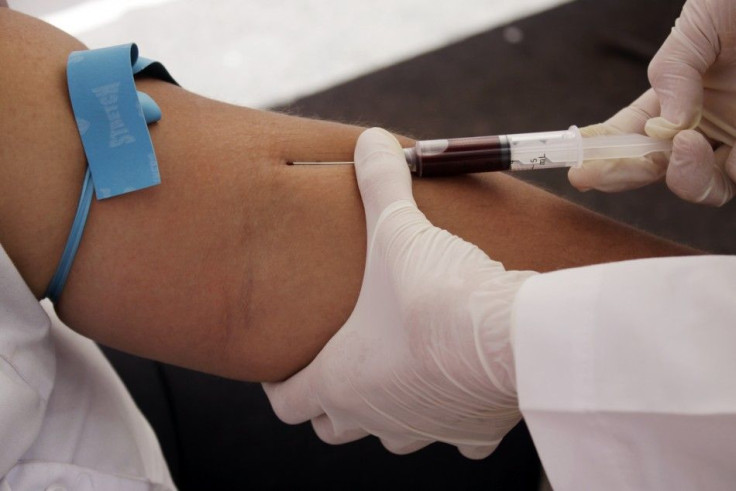HIV And Coronavirus: South Africa Fears The Deadliest Combination
South Africa, being home to the world’s largest HIV-positive population, is working towards protecting this vulnerable group from the deadly novel coronavirus. Ever since the disease outbreak in china, health experts have been emphasizing its impact on people with underlying health conditions as well as those with compromised immune systems.
When the disease was detected in South Africa, doctors have been trying to organize testing and treatment for nearly 7.5 million individuals suffering from AIDS.
“Case numbers are increasing exponentially in the African region. It took 16 days from the first confirmed case in the region to reach 100 cases. It took a further 10 days to reach the first thousand. Three days after this, there were 2,000 cases, and two days later we were at 3,000,” The Guardian quoted Dr. Matshidiso Moeti, the World Health Organization (WHO) regional director for Africa.
Only about two-thirds of those infected with HIV are on antiretroviral treatment. The remaining lot are either unaware that they have AIDS or are against taking the medication.
Even after 1,749 people being infected and with a death toll of 13 people, researchers are still uncertain about the impact of coronaviruses on people living with HIV.
“We really don't know in actual fact what will happen to HIV patients. We know that patients who are HIV-positive and are on ARVs react and respond to viral infections like influenza in similar ways to people without HIV," MedicalXpress quoted Anton Stoltz, head of the infectious diseases department at the University of Pretoria.
However, several health experts opined that it is possible to figure out from older studies how HIV-positive people have reacted to other viral infections.
It is a real wake-up call for those who are, currently, not undergoing any kind of treatment for AIDS. They are considered the most vulnerable to all kinds of infections including the COVID-19. Therefore, it is very important for everyone to know their status and get treated at the earliest.
HIV-positive individuals not yet on ARV therapy or those who don't know they are HIV-positive may in fact (be) at higher risks of acquiring COVID-19. If you already know you are HIV-positive, adhere to your treatment. Ensure that your viral load is suppressed, that your immunity is strong and robust so that if you encounter COVID-19 you are not compromised by being HIV-positive,” MedicalXpress quoted Kogie Naidoo, head of treatment research at the Centre for the AIDS Program of Research in South Africa (CAPRISA).

© Copyright IBTimes 2024. All rights reserved.






















